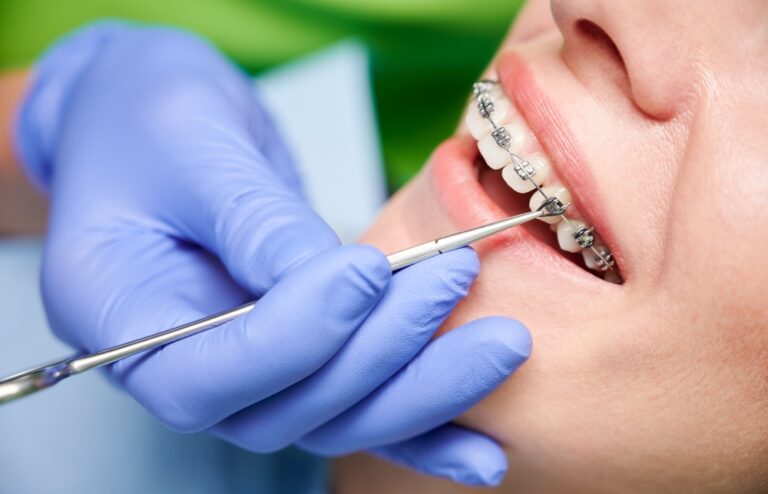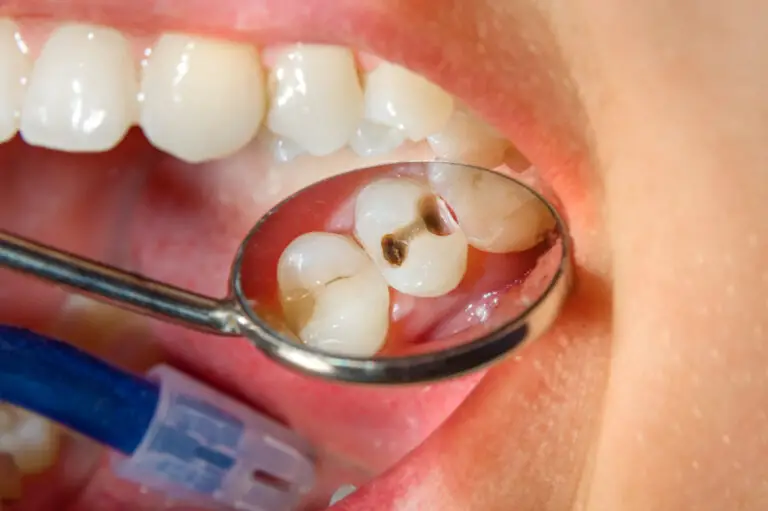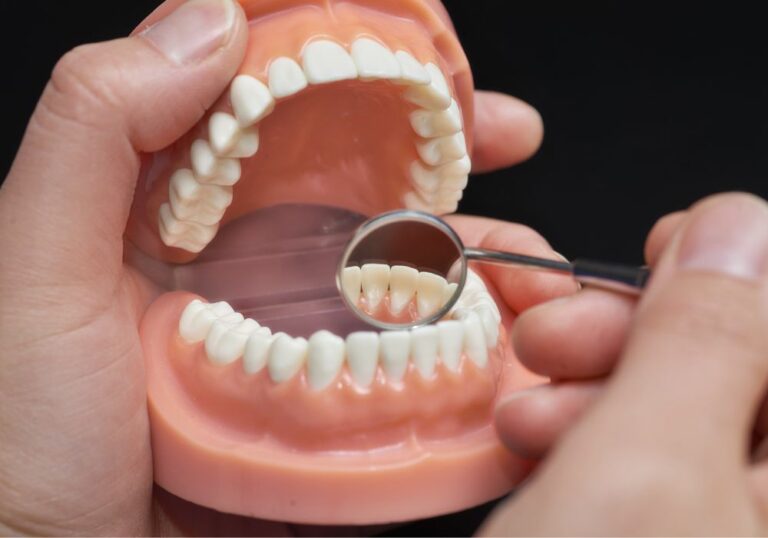For many people, wisdom teeth removal is a rite of passage into adulthood. These teeth usually come through in your late teens and often cause considerable problems. If you need to get your wisdom teeth removed or are thinking about it, you probably have a lot of questions.
One of those questions is likely to be how long after wisdom teeth removal can I eat? Here we’ll give you a clear answer to that question while also looking at other wisdom teeth questions you may have. Let’s get started!
How Long After Wisdom Teeth Removal Can I Eat

As with any type of surgical procedure, the recovery time will change from one person to the next. While that’s true, most people will feel back to normal after around two weeks. However, any significant pain and discomfort will usually subside after two to three days.
In those two to three days, you should only be eating soft foods. However, you can start to eat very soon following your extraction, usually after around two hours. It’s vital to follow the exact advice from your dentist and it’s best to contact them if you forgot what they said post-procedure.
With wisdom teeth removal, it’s important to know what to expect. Along with when to eat, you’ll also need to know what you can eat and drink during your recovery. Read on to find out more.
Wisdom Tooth Extraction Process

For most people, wisdom teeth erupt between the ages of 17 and 21 but it can be a little later. When they do, they often either get stuck in your gums or put a lot of pressure on the rest of your teeth, causing significant pain.
This is why many people choose to have them removed. The process is fairly simple, but you’ll need to be placed under anesthetic (usually local) for the procedure. Once that has set in, then the dentist will get to work trying to remove the tooth or teeth.
This can usually be done by gripping to tooth and rocking it back and forth in the socket. Some teeth don’t come out easily and this can increase your recovery time. A small cut may be made into your gums and it’s also possible that your tooth may need to be cut up.
Once the anesthetic wears off, you will experience some pain and discomfort but this can usually be managed with over-the-counter pain medication. At this stage, your dentist will give you some precise instructions on making a speedy recovery.
What To Do Post-Surgery
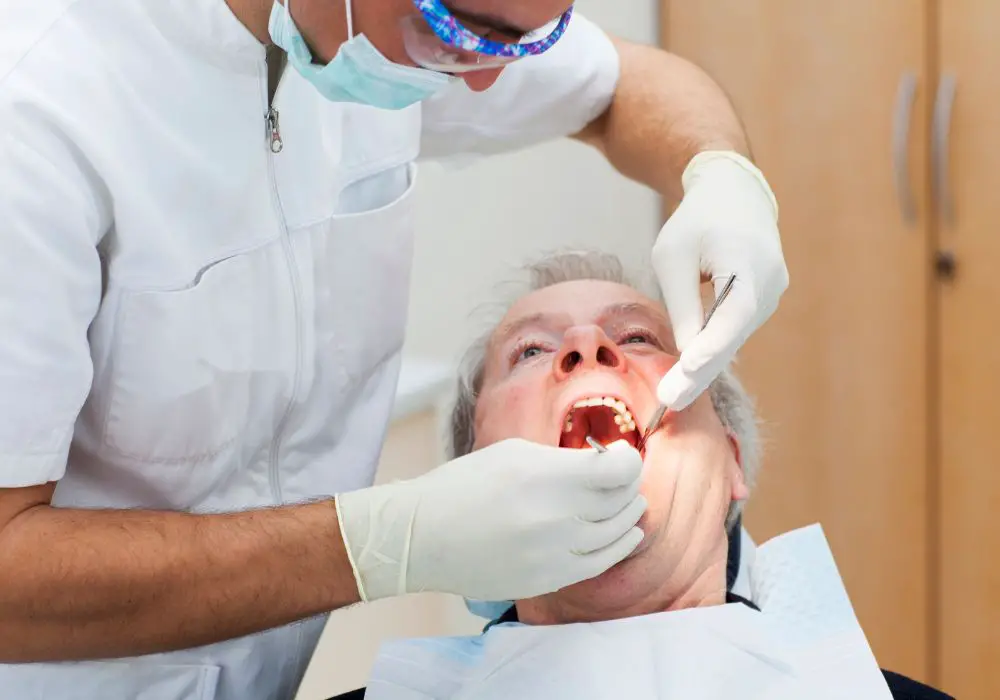
What you should do post-surgery, including when you should eat, will depend on the advice of your dentist. That being said, there are a few things that you should be mindful of.
- Blood Clot – When the wisdom tooth is removed, you want a blood clot to form while the gap heals underneath. You want to be careful not to disturb the clot as you can have a dry socket without it, which we have more information about below.
- Brushing – You shouldn’t do any form of teeth cleaning in the 24 hours post-surgery as this can disturb the healing process. When you do return to brushing, ensure that you avoid the area of your missing wisdom teeth.
- Food and Drink – Any solid foods should be completely avoided in the first few days after the procedure. You should also avoid any hot or sugary drinks. It’s best to stick to soft foods and water for at least 48 hours after the extraction.
How to Recover More Quickly

As we mentioned, you should be able to eat only a couple of hours after the surgery but recovery can take up to four days, with many feeling some tenderness for longer than that. If you wanted to speed up the process, there are a few things you should be doing.
- Return to Activities – It’s best to be cautious about returning to any activities, including sports and exercise. In the first few days, you don’t want to do anything which may disturb the clot which would have formed in the socket.
- Swelling – The amount of swelling you have will change from one person to the next. If you want to reduce the swelling, then simply put an ice pack over your jaw. Always remember to never directly apply ice to the skin.
- Pain Management – Your surgeon may prescribe you some painkillers which you can take as directed. After this, you should be fine with regular store-bought painkillers. If you are in severe pain after a day or so, it’s a sign that there could be a problem that needs to be addressed.
- Salt Washes – After the first day of recovery, salt washes are a good idea. This will help to kill any bacteria and reduce the chances of getting an infection. You can do this two to three times a day for the best results.
What To Eat and Drink
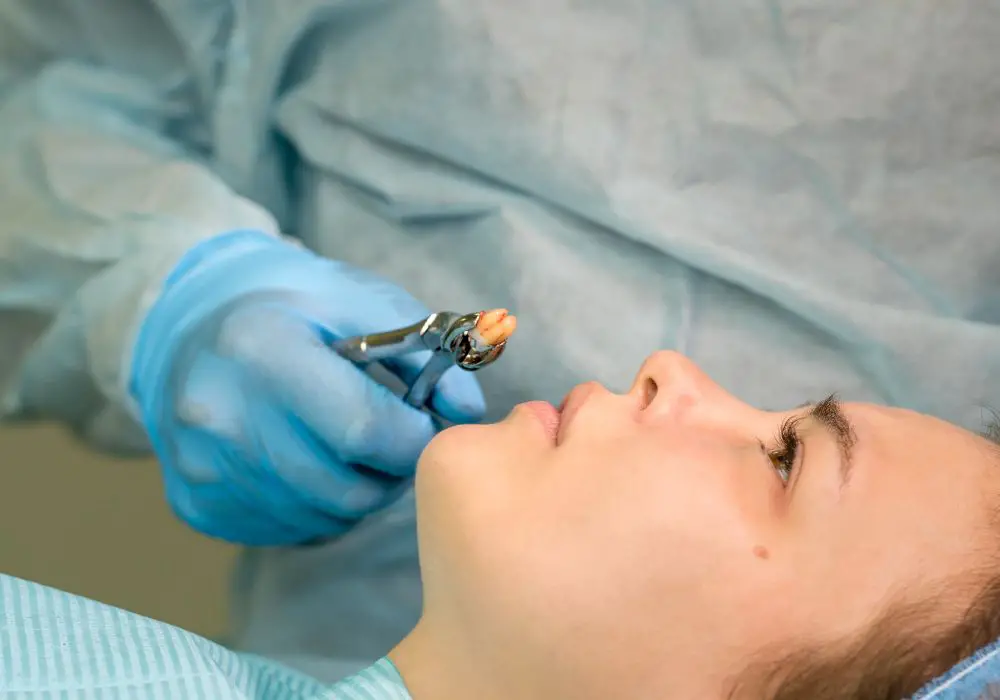
Now we know when you can eat after your surgery, what can you eat? While you can usually eat soon after your surgery, it’s best to leave it as long as you can, and overnight if possible. Once you resume eating, here are some products you can have:
- Warm Soup
- Yogurt
- Soft cheese
- Soft noodles
- Eggs
- Sauces
- Mashed potatoes
- Smoothies
These are just a few ideas but you can eat any soft food. However, it’s best to avoid anything too sugary, such as ice cream or desserts. If you did want to have a smoothie, then don’t drink it out of a straw as this is more likely to disturb the blood clot. And while soup is a great idea, make sure it has cooled down to a warm temperature as hot food can disturb the clot.
As for foods you can’t eat, this is quite obvious. Avoid anything hard and crunchy. This includes the likes of chips and nuts but also hard vegetables. Don’t eat anything with a high sugar content as it will attract bacteria growth and also don’t have any chewing gum.
Recovery Time Complications

There are a few issues that can happen after the extraction which can cause a delay in recovery time. Let’s take a look at them here.
1. Dry Socket
Formally called alveolar osteitis, a dry socket happens when the blood doesn’t clot properly after the extraction. As with any wound, you expect clotted blood to form around it and then for the flesh underneath to heal.
With a dry socket, this blood clot either doesn’t form correctly or becomes dislodged. When this happens, the bone and nerve endings that were under your teeth can become exposed. This can understandably lead to a lot of pain.
If a blood clot doesn’t form then pain is likely to be experienced very quickly after surgery. Dislodging of a clot usually happens around 3-5 days following the operation. Factors that increase your chance of dry sockets include not following your dentist’s instructions, smoking, or complications during the extraction.
A dry socket cannot be treated at home due to the intense pain you’ll have and also the risk of infection. A dentist will remove any debris from the wound and then fill it with medicated dressing until it heals properly.
2. Nerve Injury
While much rarer than a dry socket, nerve damage is still possible. This type of complication is characterized by pain, along with tingling and numbness. This can happen in multiple places on your face, including your tongue, lips, chin, and gums.
The good news is that nerve damage is usually only temporary. The bad news is that the pain usually lasts for weeks but it can be an issue for months. In very rare cases, the nerve injury may be permanent if the nerve was severely damaged.
If you feel as though you may have a nerve injury, then it’s important to speak to your dentist to seek their medical opinion.
3. Infection
Infection is a risk with any surgery and something that needs to be addressed as soon as possible. The signs to look out for in the first few days following surgery are a high temperature, any discharge from the wound, and any flu-like symptoms.
Swelling and pain are also symptoms of an infection but you’ll still be swollen after the surgery for a few days anyway. If the swelling doesn’t go down after a few days, it may be a sign of infection. Even if you’re only slightly worried, it’s best to speak to a medical expert for reassurance.
Conclusion
You can eat around two hours after your surgery however this may be longer if the extraction was particularly difficult. Due to this, it’s important to listen to the instructions from your dentist and follow them closely.
If you follow the advice, you should be able to eat as normal after a few days, even those some pain can persist for a few weeks. When that pain does subside, you don’t need to worry about wisdom teeth bothering you ever again!


